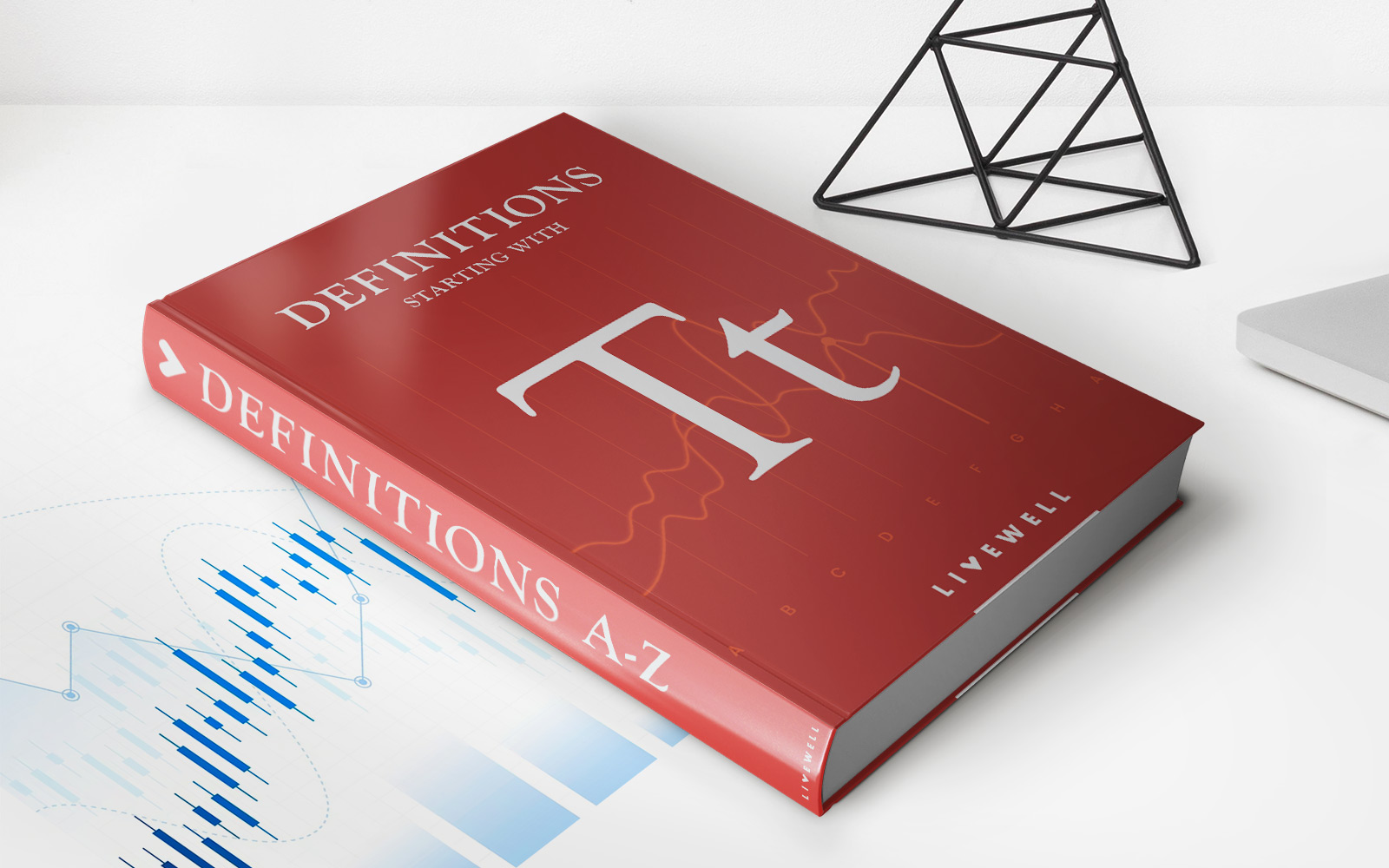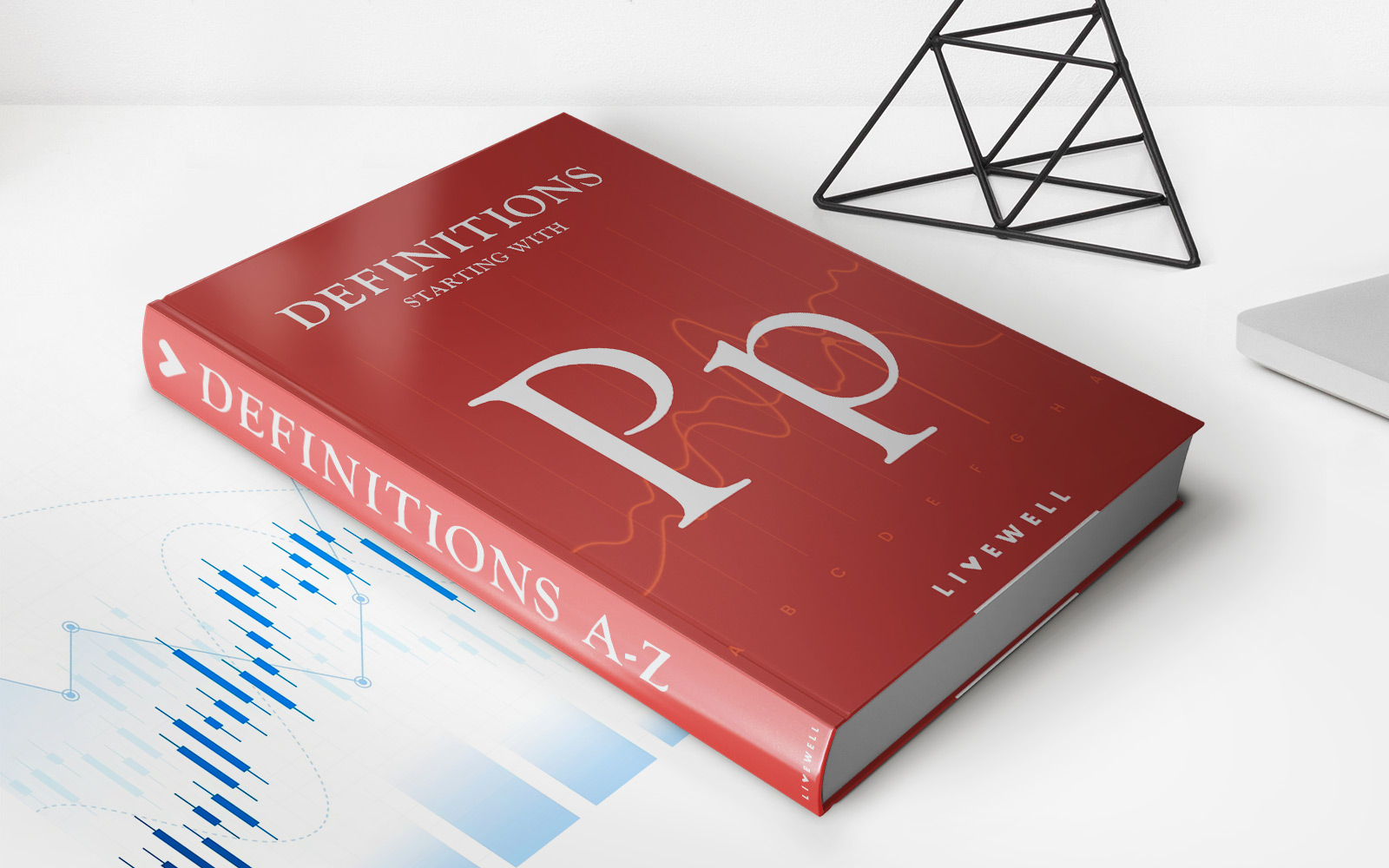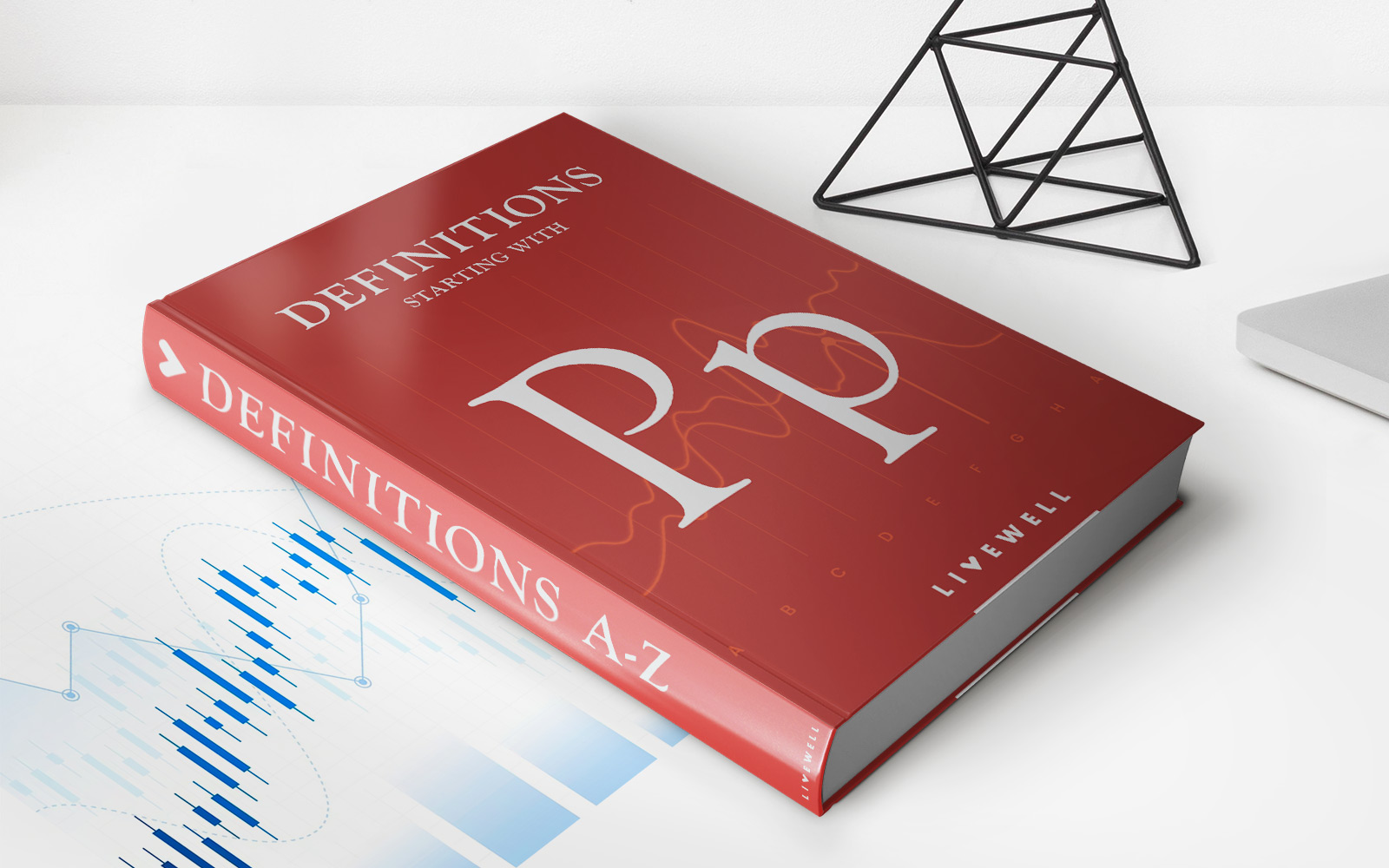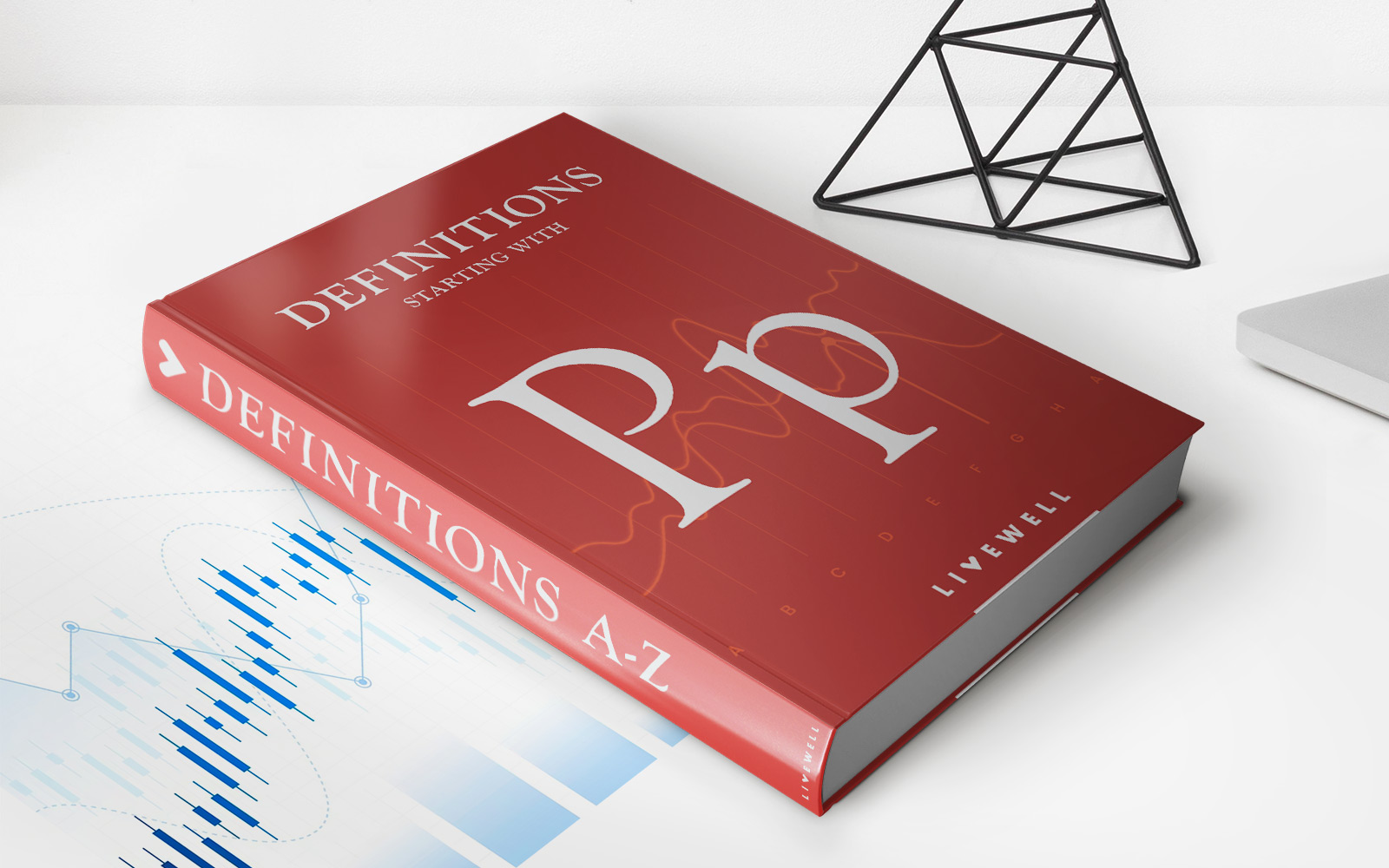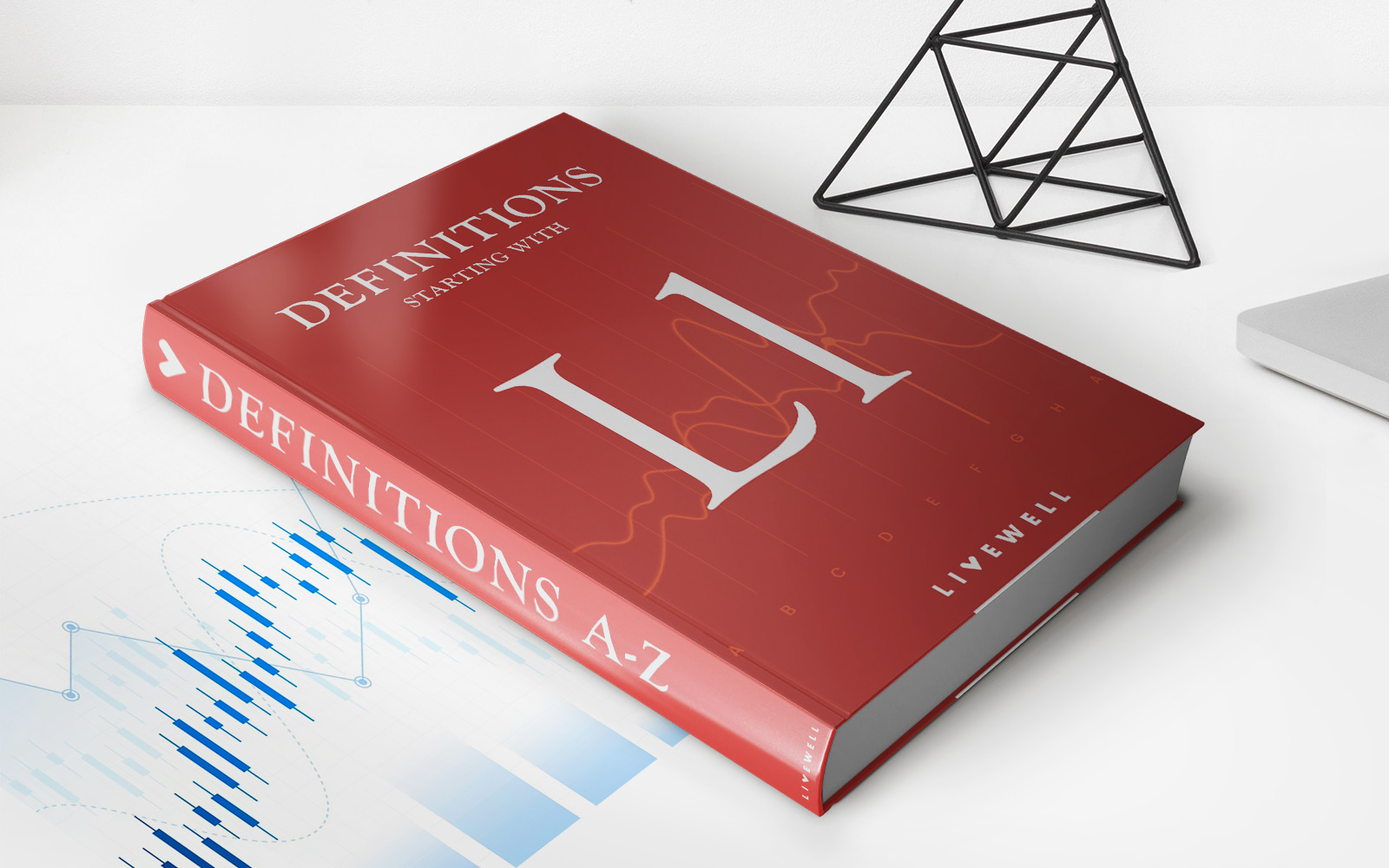Home>Finance>Pork Barrel Politics: Definition, Purposes, Reform Efforts
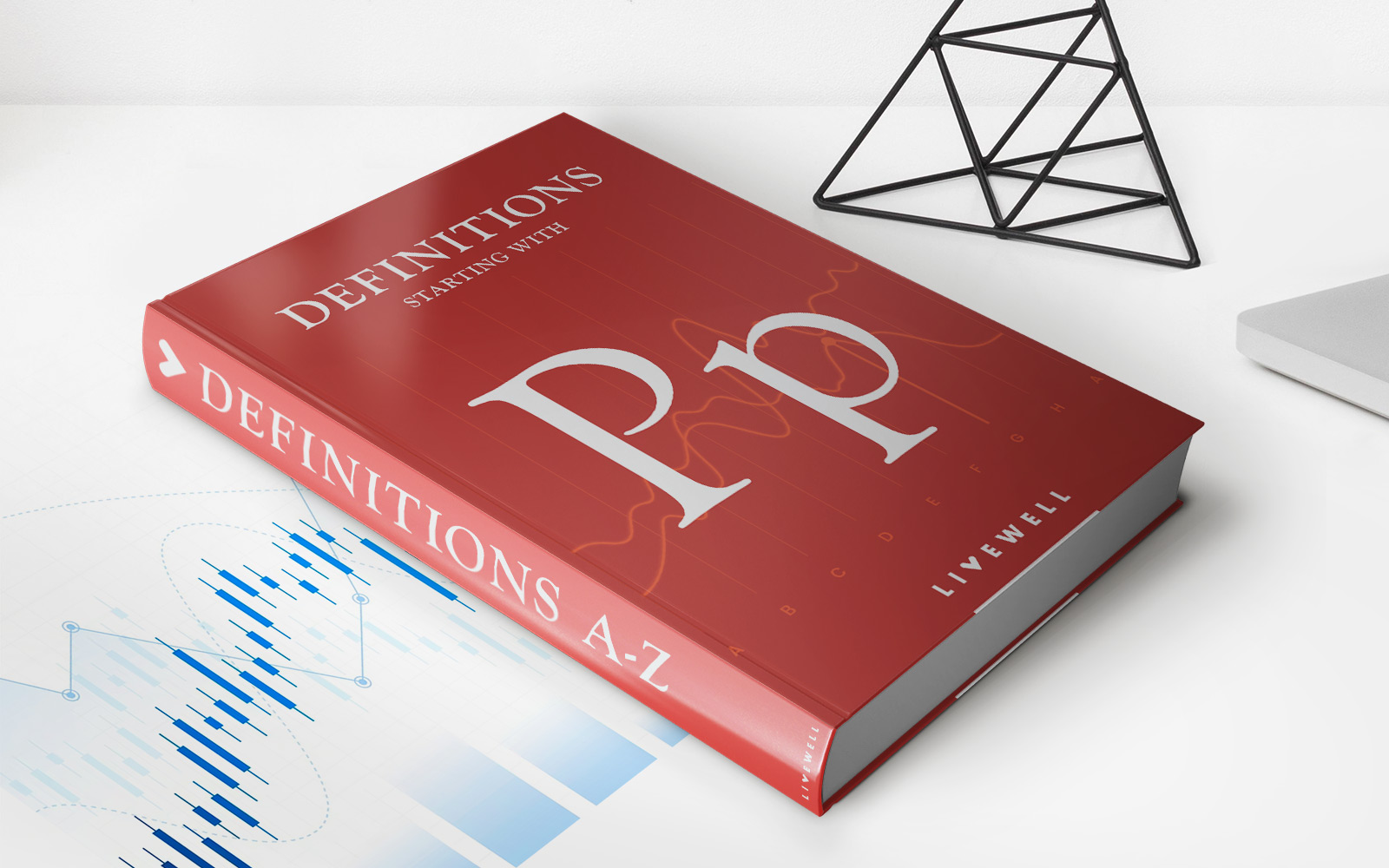

Finance
Pork Barrel Politics: Definition, Purposes, Reform Efforts
Published: January 9, 2024
Discover the ins and outs of pork barrel politics, its definition, purposes, and the reform efforts made to mitigate its impact on finance.
(Many of the links in this article redirect to a specific reviewed product. Your purchase of these products through affiliate links helps to generate commission for LiveWell, at no extra cost. Learn more)
Pork Barrel Politics: Definition, Purposes, Reform Efforts
Welcome to our FINANCE category blog post, where we delve into the intriguing world of pork barrel politics. If you’ve ever wondered what pork barrel politics is, its purposes, and the efforts made to reform it, you’ve come to the right place. In this article, we will explore the definition of pork barrel politics, its key purposes, and shed light on the ongoing reform efforts. So, let’s dive in!
Key Takeaways:
- Pork barrel politics refers to the practice of politicians allocating government funds disproportionately to specific projects or districts in order to gain political support or favor.
- Its purposes include securing re-election, boosting politicians’ popularity, and facilitating deal-making with fellow lawmakers.
What is Pork Barrel Politics?
Pork barrel politics refers to the practice of politicians allocating government funds disproportionately to specific projects or districts in order to gain political support or favor. This practice often involves directing funds towards projects that may not necessarily be in the best interest of the entire nation but rather benefit a particular group or region.
Politicians engaging in pork barrel politics typically use these funds to support local projects, such as infrastructure developments, community programs, or research initiatives. While these projects may have their merits, the allocation of funds is often driven by political motives rather than a comprehensive evaluation of their overall impact or prioritizing national needs.
Purposes and Motives of Pork Barrel Politics:
Pork barrel politics serves a variety of purposes for politicians. Here are a couple of key motives behind this practice:
- Securing Re-election: By allocating funds for projects in their districts, politicians aim to increase their chances of being re-elected. This strategy allows them to showcase their efforts and claim credit for the developments, thus gaining the support and votes of their constituents.
- Boosting Popularity: Directing government funds towards popular projects within their districts helps politicians enhance their popularity and build goodwill among the local populace. This can be a valuable asset for future elections or gaining broader support for their policies.
While the intentions behind pork barrel politics may seem beneficial on the surface, critics argue that it often leads to wasteful spending, corruption, and the neglect of broader national priorities.
Reforming Pork Barrel Politics:
Over the years, various efforts have been made to reform the practice of pork barrel politics. The goal of these reforms is to ensure fair and transparent allocation of government resources, focusing on the overall needs and priorities of the entire nation:
- Increased Accountability: Implementing stricter regulations and oversight mechanisms can help hold politicians accountable for the allocation of funds. This involves transparent reporting of projects, their costs, and their expected benefits.
- Reducing or Eliminating Earmarks: Earmarks are provisions within legislation that allocate funds to specific projects or groups. Limiting or removing earmarks can curb the practice of pork barrel politics, as it removes the means for politicians to direct funds disproportionately to their districts.
- Enhancing Public Awareness: Raising public awareness about pork barrel politics and its potential drawbacks can help foster a more informed electorate. Informed voters are more likely to hold politicians accountable and demand responsible allocation of government resources.
In Conclusion:
Pork barrel politics can be a divisive issue in democratic systems. While it may serve certain localized interests, it often raises concerns about fairness, transparency, and effective resource allocation. By understanding the definition, purposes, and reform efforts related to pork barrel politics, we can engage in informed discussions and contribute to the development of fair political systems that prioritize the needs of the entire nation.
